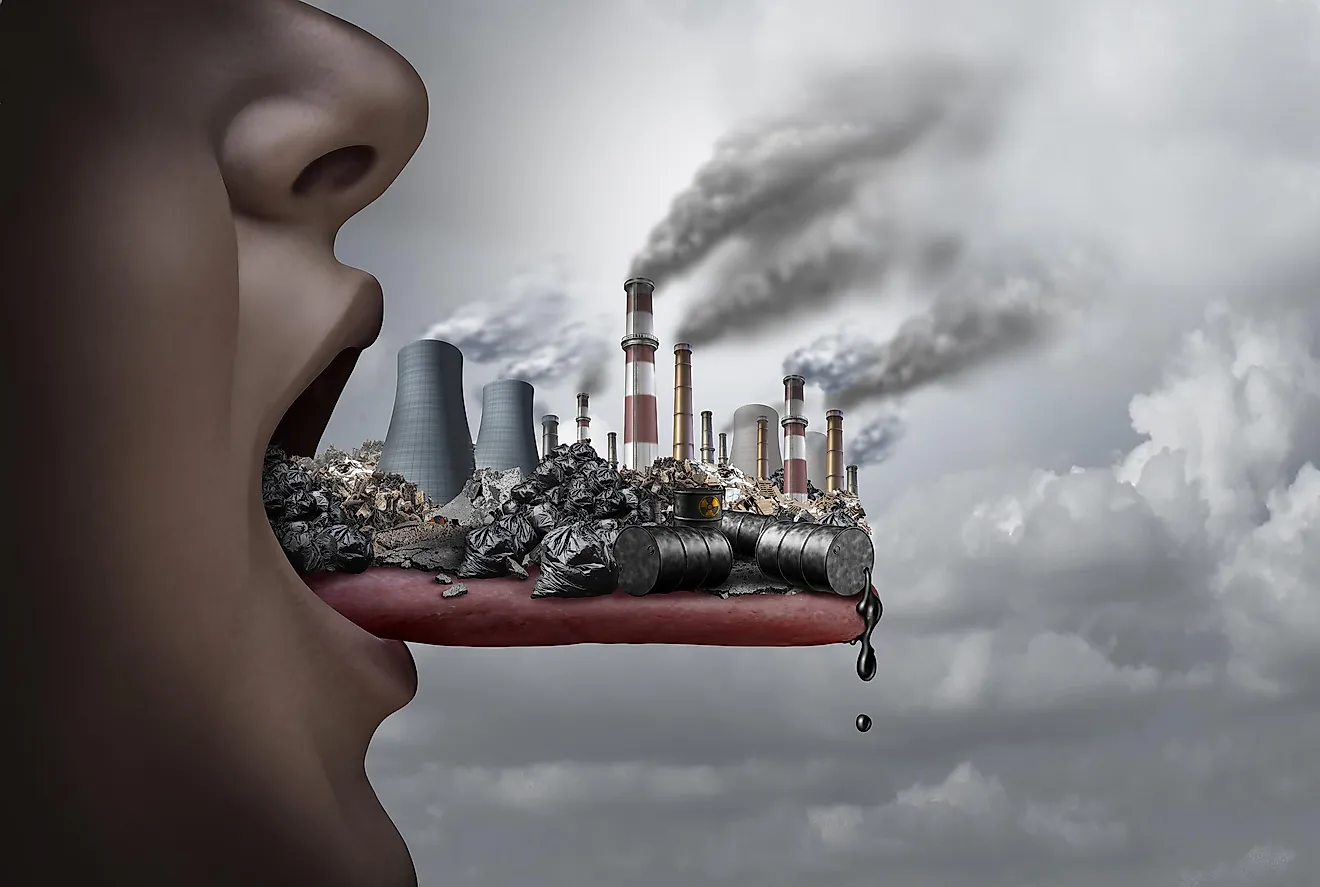The Importance of Understanding Environmental Challenges
Environmental challenges are complex issues that affect our planet and all living organisms. It is crucial to understand these challenges in order to find effective solutions and mitigate their impact on the environment. In this article, we will explore some of the most pressing environmental challenges we face today and discuss the importance of addressing them.
Climate Change: A Global Crisis
Climate change is one of the most significant environmental challenges of our time. It refers to long-term shifts in temperature and weather patterns caused by human activities, such as the burning of fossil fuels and deforestation. The consequences of climate change are far-reaching and include rising sea levels, extreme weather events, and the loss of biodiversity.
To combat climate change, it is essential to reduce greenhouse gas emissions and transition to renewable energy sources. Governments, businesses, and individuals all have a role to play in adopting sustainable practices and supporting policies that promote environmental stewardship.
Loss of Biodiversity: A Threat to Ecosystems
The loss of biodiversity is another critical environmental challenge. Biodiversity refers to the variety of species, ecosystems, and genetic diversity on Earth. Human activities, such as habitat destruction, pollution, and climate change, have led to a significant decline in biodiversity.
Protecting biodiversity is crucial for maintaining the balance of ecosystems and ensuring the survival of species. Conservation efforts, such as the establishment of protected areas and the preservation of critical habitats, are essential in combating the loss of biodiversity. Additionally, raising awareness about the importance of biodiversity and promoting sustainable practices can help mitigate this environmental challenge.
Water Scarcity: A Growing Concern
Water scarcity is an increasingly pressing environmental challenge, particularly in regions experiencing droughts and water stress. The demand for water is rising due to population growth, urbanization, and increased industrialization. Climate change also exacerbates water scarcity by altering precipitation patterns and melting glaciers.
To address water scarcity, it is crucial to promote water conservation and sustainable water management practices. This includes investing in infrastructure to improve water efficiency, implementing policies to protect water resources, and promoting education on responsible water usage.
Pollution: A Silent Threat
Pollution, in its various forms, poses a significant threat to the environment and human health. Air pollution, caused by vehicle emissions and industrial activities, contributes to respiratory diseases and climate change. Water pollution, primarily from industrial waste and agricultural runoff, harms aquatic ecosystems and endangers marine life.
Reducing pollution requires a combination of regulatory measures, technological advancements, and individual actions. Governments must enforce strict environmental regulations, industries should adopt cleaner production methods, and individuals can make a difference by reducing their carbon footprint and properly disposing of waste.
Conclusion
Understanding and addressing environmental challenges is crucial for the well-being of our planet and future generations. By recognizing the importance of climate change, loss of biodiversity, water scarcity, and pollution, we can work towards finding sustainable solutions and creating a more environmentally conscious world. Together, we can make a positive impact and ensure a healthier and more sustainable future.


































